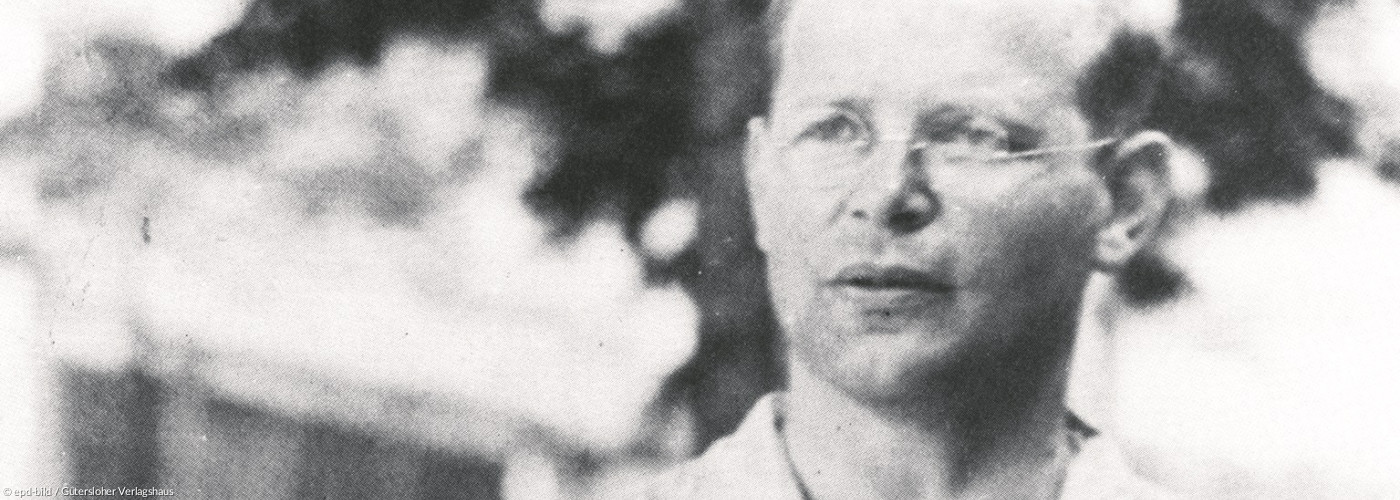As surely as a man believes, so surely does he hope. And there is no shame in hoping, in boundless hope.
These words by Bonhoeffer, spoken in the face of the Nazi regime—when few dared to hope for better times—resonate deeply.
Bonhoeffer polarizes: as a witness of faith, as an advocate for the persecuted.
Whether during the Nazi regime, when he considered it the Church's duty not only to bind the wounds of those crushed under the wheels of societal order but also to "jam a spoke into the wheel itself," or in the present day, with the release of the U.S. film drama "Bonhoeffer: Pastor. Spy. Assassin" (premiering in Germany on March 6, 2025).
In the first case, it is about taking a stand for the persecuted in God's name; in the debate surrounding the Bonhoeffer film, it is about his role in contemporary political discussions.
The life of Dietrich Bonhoeffer, born in Breslau in 1906, was brief. On April 9, 1945, he was executed alongside others who resisted the Nazi regime.
His life and work are uniquely intertwined and captivating, perhaps because many of his profound and forward-looking theological concepts remain unfinished. This leaves room for interpretations and projections from various perspectives. Bonhoeffer is often co-opted for diverse causes, as it seems that where his name is invoked, people rally for what they believe to be good.
Yet, attempts to instrumentalize Bonhoeffer are glaringly obvious—something his family, the descendants of his seven siblings, actively oppose.
Nonetheless, Bonhoeffer invites identification. His words from "Letters and Papers from Prison" feel as relevant today as ever:
"We have been silent witnesses of evil deeds; we know all the tricks; we have learned the arts of equivocation and ambiguous speech; through experience, we have become distrustful of others and have often been unable to say the truth and speak freely; we have become weary or even cynical through unbearable conflicts—are we still of any use?"
What sustained Bonhoeffer through it all was his hope grounded in faith, which also serves as the guiding theme of this commemorative week marking the 80th anniversary of his death in Flossenbürg.
This active hope is encapsulated in his well-known statement:
"Our being Christians today will consist only in two things: in praying and in doing what is right among people."
The Evangelical Lutheran Church in Bavaria warmly invites you to Flossenbürg to reflect on our faith and actions today through the lens of Bonhoeffer's life and legacy.

